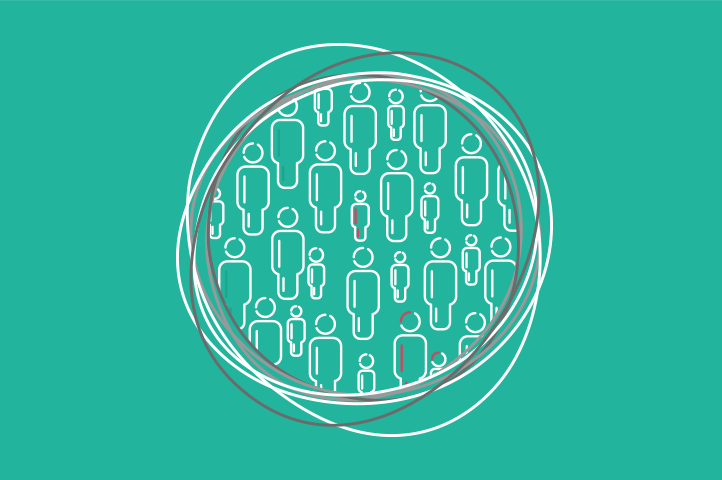
‘We talk about focusing resources on delivering what matters most to patients. But too often, we don’t have the data available to really scrutinise the impact of given interventions or practices on patients across the entire cancer care pathway, and our efforts collapse into short-term cost containment as a result.’
Vivek Muthu, Marivek Health Consulting
In its 2017 policy report, the All.Can initiative highlights the role of data in reducing waste and inefficiency in cancer care. A lot of data are collected and stored in healthcare databases, but are often administrative or clinical in nature and do not provide sufficient information on the patient experience.
This prevents us from defining what may be considered wasteful or inefficient from the patient’s perspective. Clinical processes may work for hospitals and staff, for example, but may actually be complex, time-consuming, confusing and unnecessary from the point of view of the patient, thus causing delay, anxiety, waste and inefficiency.
Without understanding the patient’s perspective on their care, we cannot know whether care is focused in the right way, where waste occurs, or even what we really mean by ‘waste’. That’s why All.Can is working with Quality Health to develop a comprehensive qualitative and quantitative study and survey to gather insights from cancer patients and caregivers on what waste and inefficiency in cancer care look like. Once we get a fuller understanding of where cancellations, delays and misinformation occur, where unnecessarily complicated processes are carried out or duplicated, where drugs are wasted, or where administrative processes are complex or confusing, all from the patient perspective, then we have a far better chance of improving efficiency and ensuring sustainable cancer care in the longer term.
Quality Health will run a pilot of this survey in the UK during 2017, followed by a wider rollout in Europe and North America during early 2018. UK findings are expected to be available in early 2018, and European findings in the summer of 2018.
Key survey findings will be made publicly available and hopefully published in peer-reviewed journals. Ultimately, they will help All.Can identify the greatest opportunities to improve efficiency in cancer care, and to convince policymakers across Europe of where they need to focus efforts to make the biggest difference to patient care.